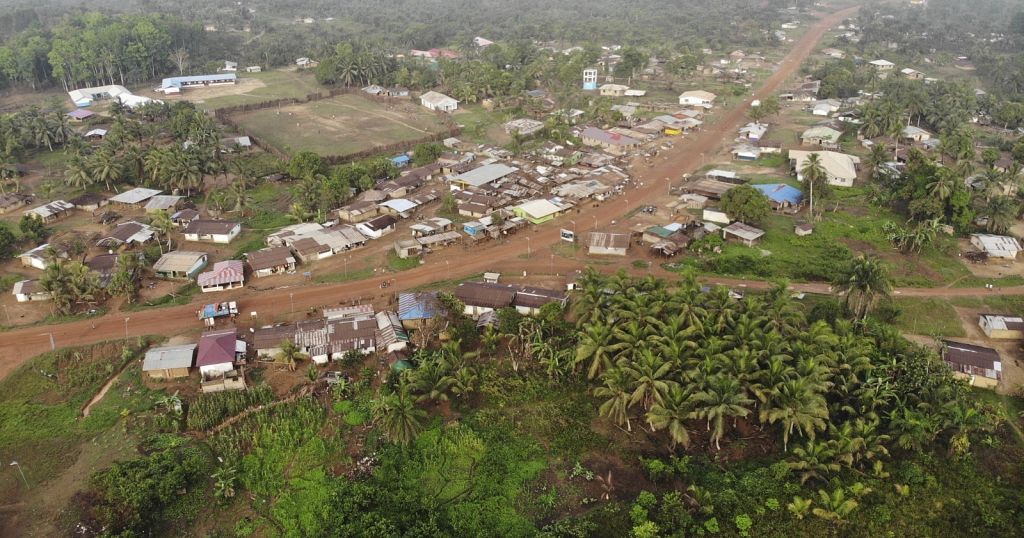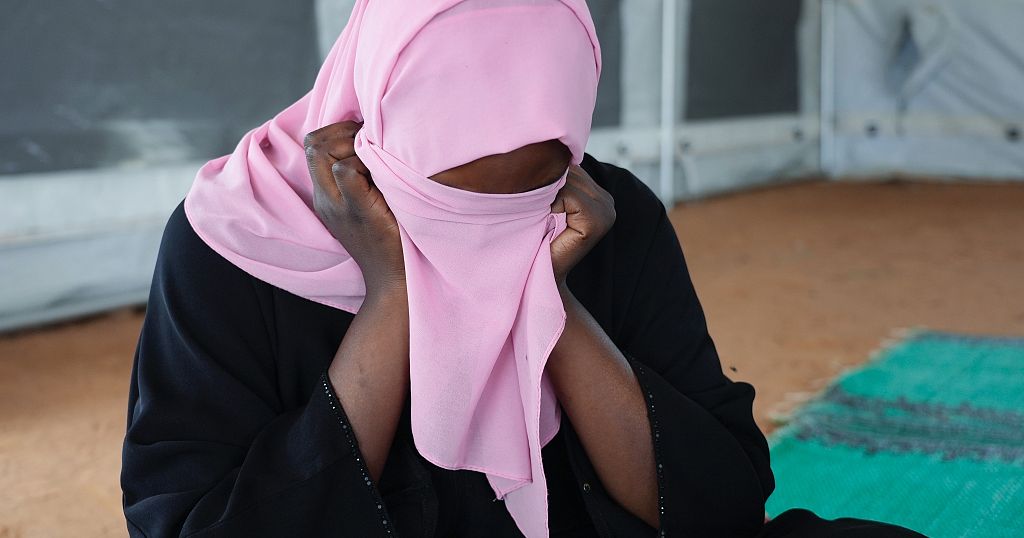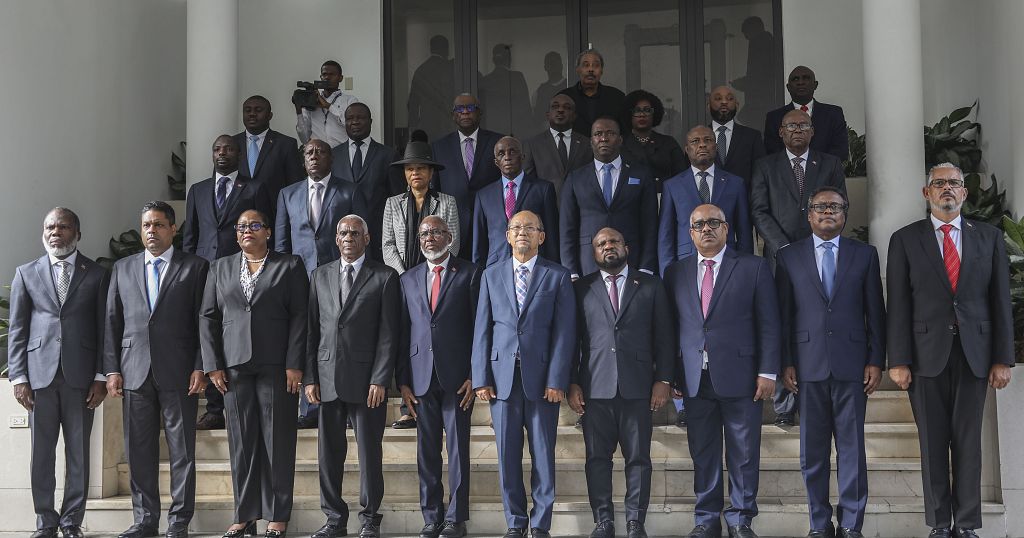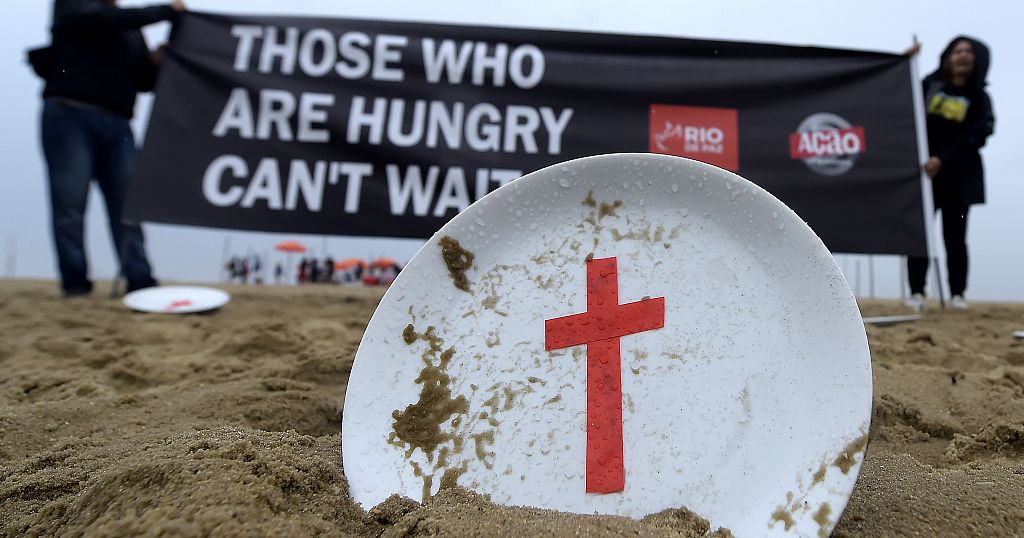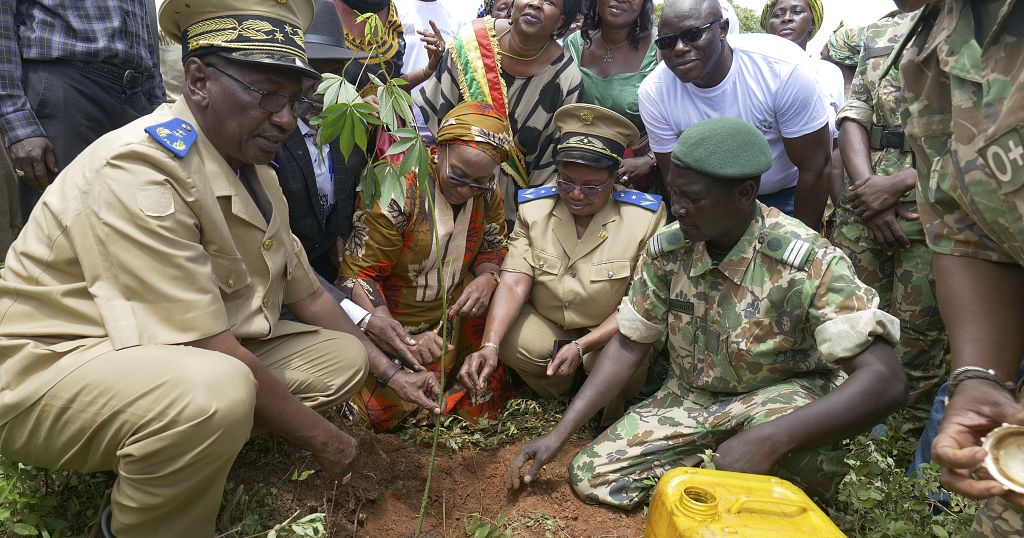885 kilos of cocaine seized off West African coast
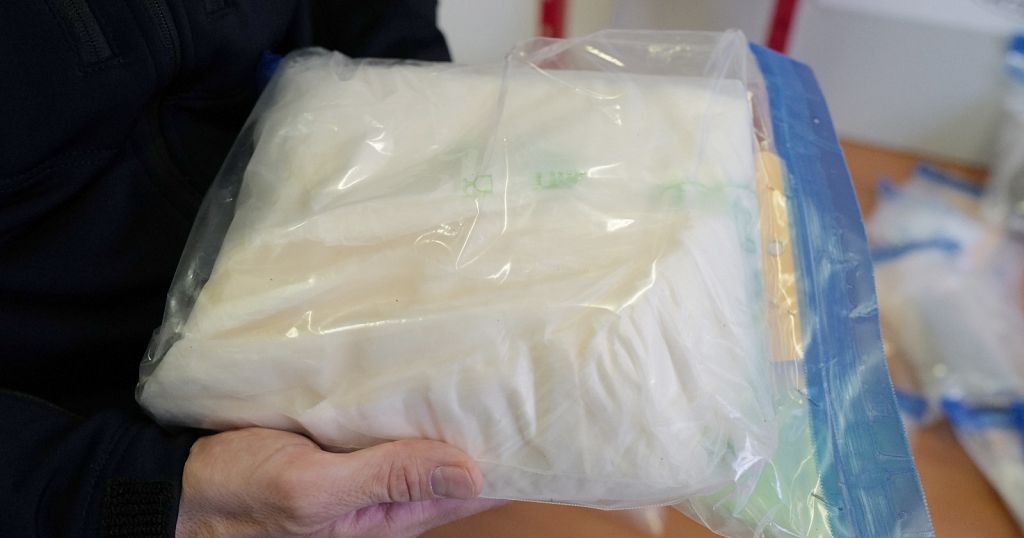
The French Navy seized 885 kg of cocaine off the coast of West Africa on Saturday morning from a fishing boat coming from Latin America, the Atlantic maritime prefecture announced in a press release on Sunday.
On Saturday, the helicopter carrier Mistral, the second largest French warship after the aircraft carrier Charles de Gaulle, “seized 885 kg of cocaine from a fishing boat off the coast of West Africa “, indicates the maritime prefecture.
The operation was carried out under the direction of the maritime prefect of the Atlantic and the public prosecutor of Brest, specifies the press release.
It was the anti-narcotics office (Ofast) which “requested the intervention of the French Navy, in the light of information transmitted by its Brazilian, American and British partners”, underlines the document.
“Perfect cooperation between national and international actors”
“In total, 885 kilograms of cocaine were discovered on board” the 15-meter-long fishing boat, “then transhipped onto the amphibious helicopter carrier Mistral to be destroyed,” it added.
The suspect ship had left Latin America “a few days earlier.” “The maritime route taken could foreshadow the arrival of cocaine in Europe,” according to the maritime prefecture.
“The perfect cooperation between national and international actors in the fight against narcotics, in particular the maritime intelligence analysis operational center for narcotics (MAOC-N) and Ofast made it possible to obtain this exceptional result” she congratulates.
The Mistral is on a four-month mission in the Gulf of Guinea as part of the Corymbe mission which contributes to the maritime security of the Gulf, by ensuring the permanent presence of a French Navy vessel since 1990 on this route among the most dangerous in the world. And where France has strong economic interests, particularly linked to oil exploitation.
At the end of September, the maritime prefecture had already announced the seizure of 2.4 tonnes of cocaine on a fishing boat in the Gulf of Guinea. In April, it was more than five tonnes “off the coast of Africa”. In December 2022, 4.6 tonnes.
Source: Africanews



